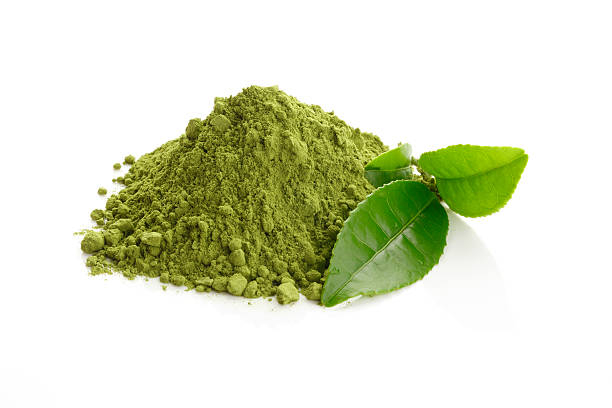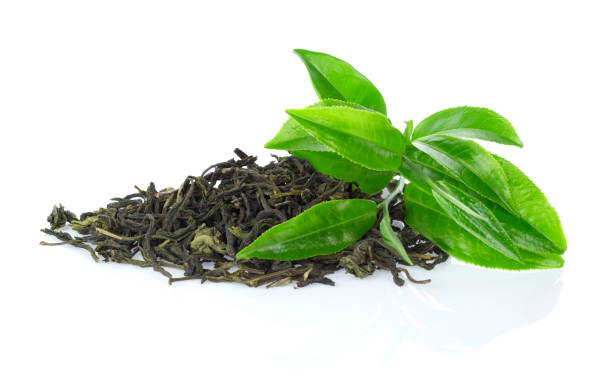Green tea

Green tea and its primary polyphenol ingredient, epigallocatechin-3-gallate (EGCG), are frequently included in literature reviews focused on herbal therapies for liver disorders, despite the fact that it is not officially a herb. Green tea extract supplementation may help treat liver illness, according to certain research. A study of 80 persons with nonalcoholic fatty liver disease (NAFLD) discovered that taking 500 mg of green tea extract daily for 90 days lowered the liver damage markers ALT and aspartate aminotransferase (AST).
Although the AST and ALT levels decreased in the placebo group as well, they did not differ significantly. Another 12-week research in 80 NAFLD patients found that, compared to a placebo, individuals who took 500 mg of green tea extract daily saw significant improvements in their levels of AST, ALT, and inflammatory markers. The medication also lessened fatty liver abnormalities. Consuming green tea has also been proven to be protective against a number of liver diseases, such as chronic liver disease, cirrhosis, fatty liver, and liver cancer. Although most people believe that drinking green tea is safe, green tea extract supplements have on occasion been associated with acute liver damage.










